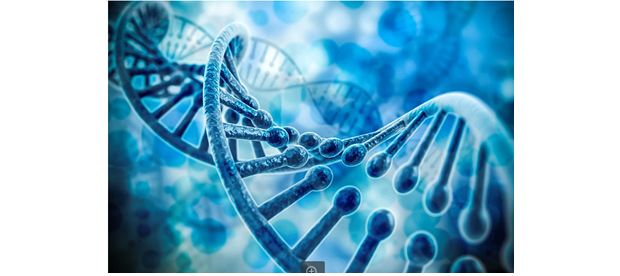
DNA Day, on the 25th of April every year, is meant to commemorate the discovery of the structure of DNA in 1953 by Watson and Crick and the successful completion of the Human Genome Project 50 years later. With this 68th DNA anniversary, we here highlight a topic that is closely associated with DNA: epigenetics.
The concepts of chemical modifications of histones associated with gene expression status were established after identification of the first mark histone acetylation began in 1964. The discovery of genomic imprinting in the mid-1980s led to the identification of DNA methylation, which soon became a well-established mechanism of epigenetic gene regulation. Together with histone acetylation, these epigenetic mechanisms were shown to play an important role in normal development of cells. It also explained the phenotype differences between individuals, for example, why identical twins might suffer from different diseases despite having identical genetic information. All these discoveries moved the field of Epigenetics forward.
Over the past years, with the rapid development of (epi)genome-wide technologies, there is a growing interest in epigenetics and its associations with a wide range of diseases. Epigenetics now is a fully independent research field next to genetics, providing biomarkers and new therapies.
The journal Clinical Epigenetics, founded by Dr Mahlknecht in 2009, covers all aspects of epigenetic (mis)regulation from before birth and early development, via healthy ageing and the influence of lifestyle and ageing on chromatin functioning, to clinical aspects including epigenetic biomarkers and epi-drugs. The expanding study of Epigenetics is revealing a significant impact on various disciplines with the journal currently well-positioned amongst other “Genetics & Heredity” titles.
The sister journal, Epigenetics Communications (EPIC) was recently launched by the Editors-in-Chief of Clinical Epigenetics (Drs Altucci and Rots) as an innovative, open-access journal devoted to the study of epigenetic principles and mechanisms in more basic research settings. The journal also provides a forum for “null hypothesis-confirming” results and therefore welcomes submissions of negative results’ systematic studies. It is supported by a strong and international editorial board. We are very excited to have our EPIC editors share their perspectives towards this rapidly growing field in a “Meet the Editors” interview series, which will be launched soon.
On this special day, we look forward to seeing more exciting advances in this important field as we work together in enriching it by providing platforms to exchange the latest research.
Vanessa Tse
Latest posts by Vanessa Tse (see all)
- DNA and its (journal) children - 23rd April 2021
Comments